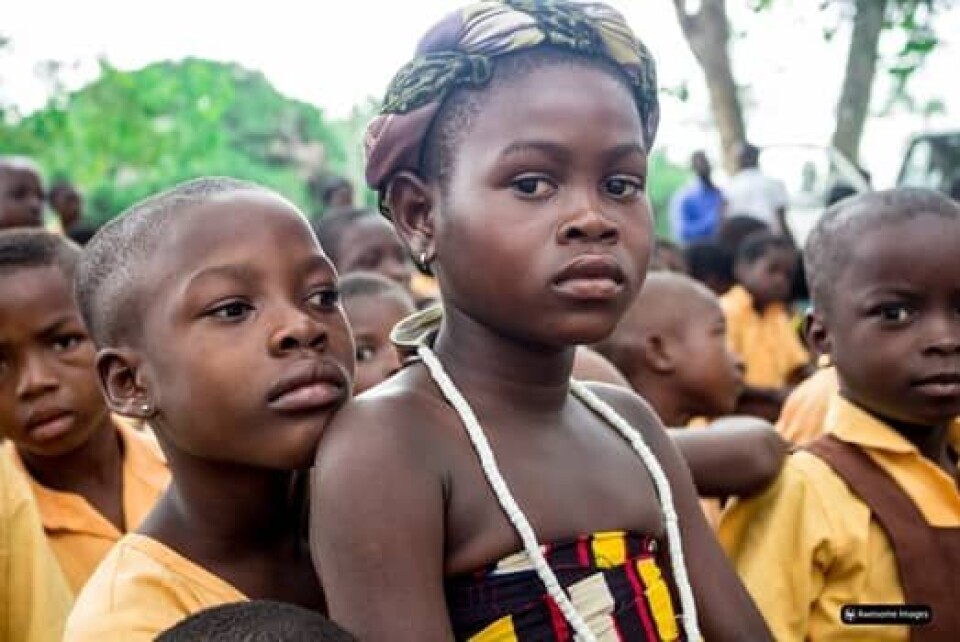Copyright : Re-publication of this article is authorised only in the following circumstances; the writer and Africa Legal are both recognised as the author and the website address www.africa-legal.com and original article link are back linked. Re-publication without both must be preauthorised by contacting editor@africa-legal.com
Police Seek End to Child Marriages

Under-age marriage is a continuing menace in Africa but Tanzanian police have called for a constitutional amendment in line with a previous court judgement that outlawed the practice in the East African nation, reports Alfred Olufemi.
The gender desk of the Tanzanian police has called on the government to make amendments to the Marriage Act of 1971 which sets the minimum marriage age for girls at 15 years with parental consent, and for boys 18. It also permits the marriage of 14-year-old children when a court is satisfied that special, although unspecified, circumstances exist.
Inspector John Simtowe said this law is unfriendly to 14-year-old girls. “A girl aged 14 years is still too young to get married because she is still in school... if she gets married she will definitely fail to fulfil family responsibilities,” he told journalists at a recent seminar.
According to him, if a girl starts a family around the age of 14, she will likely have ten children by the time she approaches 30 due to a lack of awareness on reproductive health.
If Simtowe’s recommendations are in line with a landmark judgement delivered by a Tanzanian high court in 2016. The court directed the government to raise the legal age of marriage to 18 years for both girls and boys. The ruling was also upheld when challenged at the Court of Appeal in 2019, but changes have not yet been instituted.
Child marriage is a human rights violation taking place on a vast scale in West and Central Africa which disproportionately affect girls. The United Nations (UN) says about 41% of girls in West and Central Africa marry before reaching the age of 18, which can take a toll on them physically and psychologically. The UN estimates that every day around 37 000 girls under the age of 18 are married.
Of the girls forced into marriage, one in three girls is married before the age of 18 and one in nine before the age of 15. UNICEF states that if no change occurs, the rate of child marriages in Africa alone may double by 2050.
In some African countries like Nigeria, the practice is illegal because the Child Rights Act, passed in 2003, pegged the age of marriage at 18 years old. However, 18 years after the passage, only 27 of Nigeria’s 36 states have domesticated the law. Other states yet to adopt the law are mostly northern states like Kano, Katsina, Jigawa, Zamfara, Bauchi, Yobe, Gombe, Borno and Adamawa.
Experts have also said there is a strong link between child early forced marriage prevalence and endemic poverty, poor education outcomes, school dropout rates, and poor access to basic social, economic and healthcare services in the country of 213 million people.
To join Africa Legal's mailing list please click here
